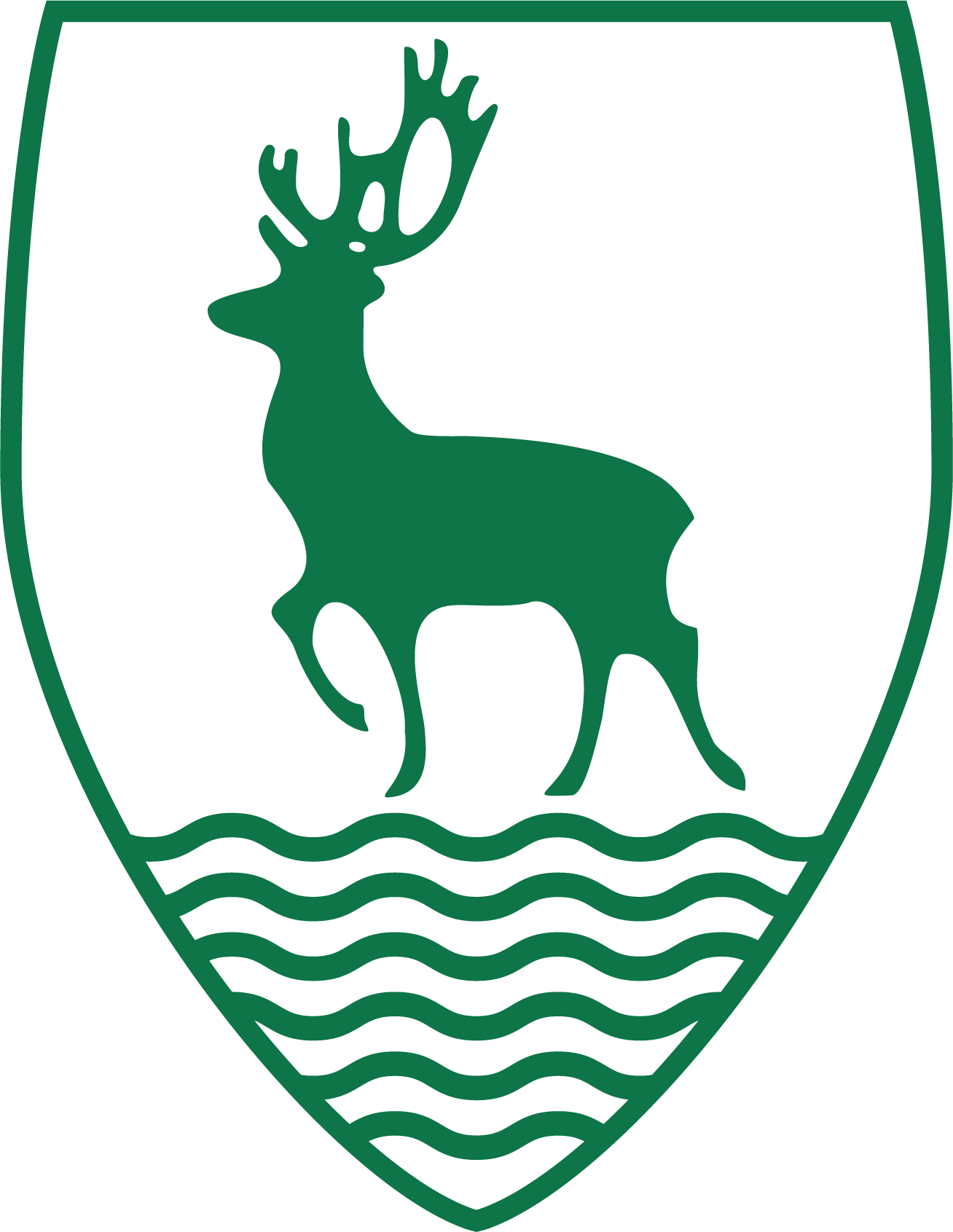On Tuesday morning, one of our T&L Leads, Mrs Rooke, led a staff briefing to welcome staff to our very first T&L Research Group. We have always valued the use of evidence informed research into our practice and this was a great opportunity to share and develop our knowledge under Mrs Rooke’s guidance and expertise.
Th aims of the group were to:
- have a confident and thorough understanding of the core research underpinning the SBAS teaching and learning principles
- identify how the research translates into classroom practice through subject/phase specific lens
- identify and disseminate good practice with the wider staff body
- To increase professional expertise, confidence and autonomy
It was important to start with what we mean by the terms ‘Evidence Informed Practice’ and ‘Research’. Mrs Rooke led staff to identify that evidence based practice is not about telling teachers what to do; quite the opposite. It is about empowering teachers to make informed decisions for their contexts and students, using the best available evidence.
Staff were then set their own home learning to read one of the following articles / summaries about one of the educational pieces of literature below.
- How Pupils Learn – The Science of Learning, EEF Cognitive Science in the Classroom Evidence and Practice Review, Metacognition and the seven step model
- Rosenshine’s Principles of Instruction
- Coe’s work -Great Teaching Toolkit: Evidence Review and Improving Education: A triumph of hope over experience.
- Willingham’s – Why don’t students like school
- Wiliam and Leahy’s – Five Formative Assessment Strategies
As the respected British scholar Dylan Wiliam (2018) notably remarked: “Almost everything works someplace and absolutely nothing works every place.”
With this in mind, staff are encouraged to report back their findings and try to incorporate something new into their teaching. We will feedback of the success of the group in upcoming newsletters.
Thank you to all the staff that have taken the time to reflect on their own practice in order to help provide the best possible outcomes for the children/students.

